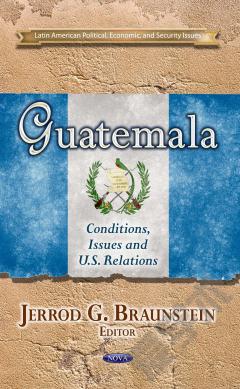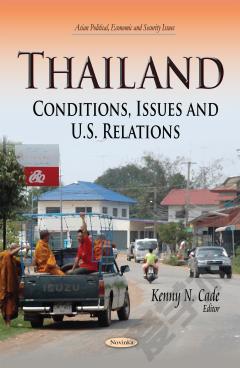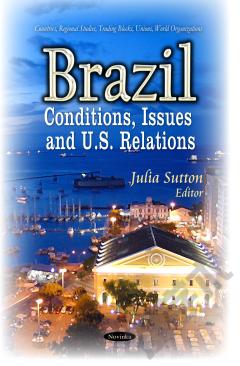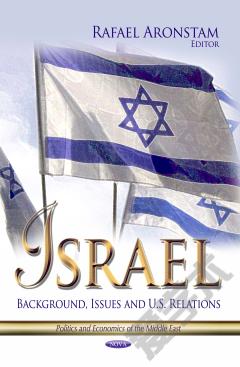Member States of the Gulf Cooperation Council: Issues, Uncertainties, and U.S. Relations
Seismic cultural and political shifts are under way in the Arab Gulf monarchies. The political upheavals and transitions that have swept through the Arab world over the last 2 years have not toppled the Arab Gulf rulers, but did not leave them untouched either. Rulers of Gulf Cooperation Council (GCC) states face heightened internal and external challenges and uncertainties. Pro-democracy protests and calls are extending from Bahrain to other oil-rich countries of the Arabian Peninsula. The expectations of GCC citizens, particularly the educated youth, are increasingly moving from socio-economic demands to political ones. They are now not only asking for jobs or wage increases, but also for more political participation and accountability. Chief among internal challenges is the resurgence in several GCC countries, particularly Bahrain and Saudi Arabia, of a decades-long sectarian rift between the Sunni regimes and their Shia subjects. The Gulf regimes’ already tense relations with Iran have worsened on the basis of alleged Iranian interference inflaming sectarian tensions in Bahrain and across the broader region. In this book, the authors assess the challenges facing the region’s rulers, and propose meaningful political reform as a means of mitigating them.
{{comment.content}}








 京公网安备 11010802027623号
京公网安备 11010802027623号